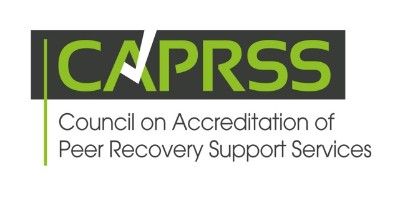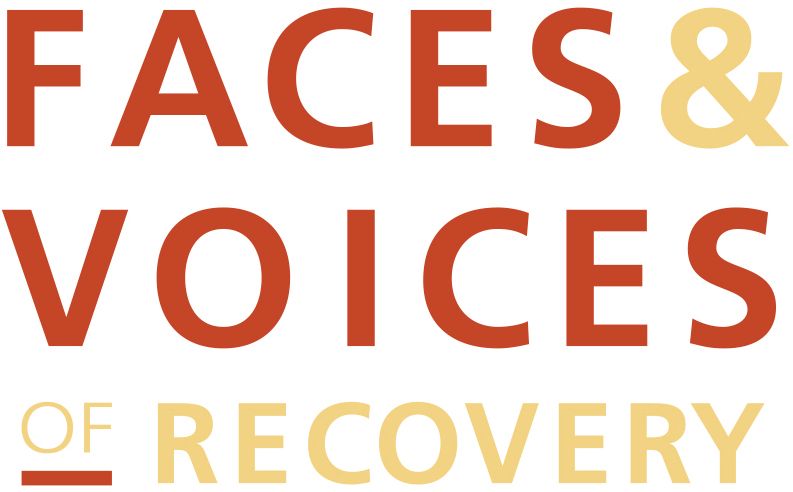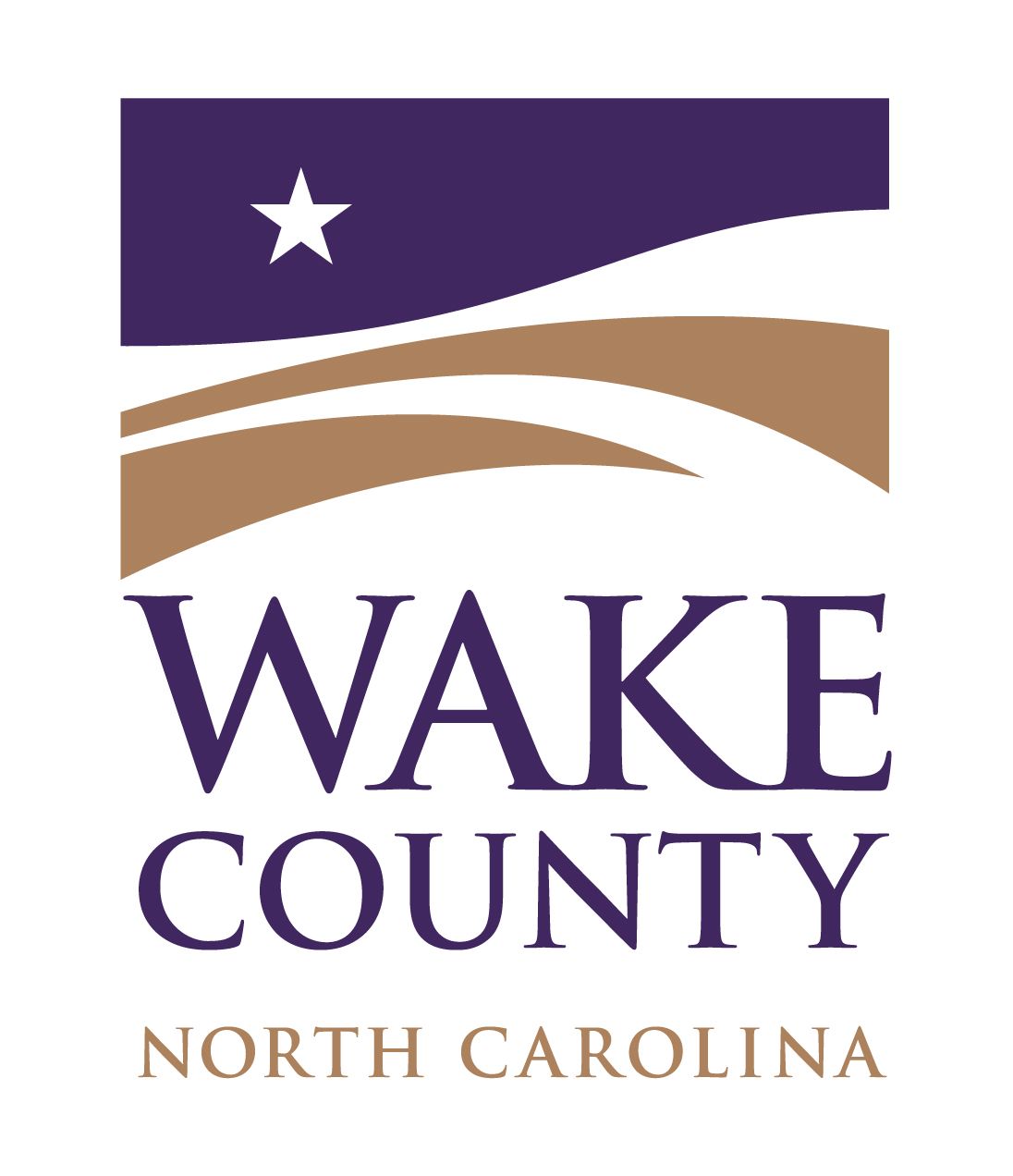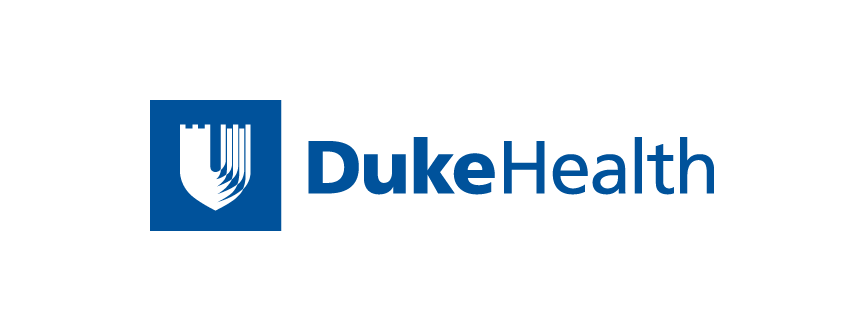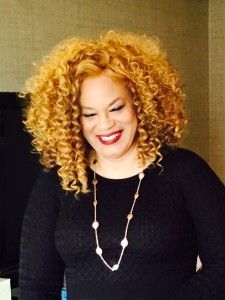
“Hope is important because it can make the present moment less difficult to bear.” – Buddha
“Now faith is the substance of things hoped for, the evidence of things not seen.” Hebrew 11:1 – KJV
Addiction recovery is a journey…it usually is not a process filled with ease and it often lends itself to complexities and difficulties which can leave one feeling a deep sense of confusion and self-doubt. For those beginning the journey to recovery, it is sometimes difficult to visualize a life outside of addiction, like a dear friend slowly fading from view as the car you are in moves further and further away. Transforming how we see ourselves outside of a life enmeshed in substance use, living a life full of possibilities and successes may seem daunting, perhaps even impossible; this is where the gift of hope can buoy us and serve us well.
Hope is the scaffolding if you will, the framework upon which one can build personal recovery. Hope is real, it works, it is powerful and strong…it holds magic, real magic. “Where does hope lie when I’m struggling?” you might ask. The answer is that it lies within every cell of your being. It is always right inside of you, besides you, all around you. Have you ever awoken from a dream of bliss and normalcy, a dream where you were living your best life as your heart imagined – happy, content, free and practicing right living? Do you remember how real, how “now” the dream felt? Only to awake and find that your current reality does not at all match your dream. In that scenario, there is a tension of opposites…your currently reality and the life of recovery you would like to have.
Your subconscious has a beautiful role in nurturing hope and is often engaged in dreams supported by hope. It often desires something different than the despair you may experience during your waking hours. Hope knows how to foster joy, even glee. It functions in a spirit of non-judgment, accepting you where you are and waiting for you to look up and understand that while you may not see yourself tomorrow, hope sees your tomorrows in a way that has you poised for a life of exceptional quality, fulfilled aspirations and satisfaction. All to be attained and realized without substance use of any kind. Hope is your friend and if you allow it to, it will support you and move you to a place of self-acceptance and self-love. Hope helps us to stop practicing meanness to ourselves. It helps us to stop being our own worst enemy. It teaches us how to listen and truly hear others who love and care for us. If we can dream of what we would like our lives to be, then we can begin to imagine that life, even if we are not currently living the dream.
Hope is truly our best friend! It is waiting to hold your hand. If you are having difficulty connecting with your hope, here are a few tips that might help you reconnect or re-establish an enduring friendship with hope:
• Find your way to groups or meetings where you can hear stories of transformation told by people who have had similar struggles and battles as you are having or have had; people who understand your life, your current lack of vision or your disconnection from what could be. Hearing stories of realized hope can stimulate and excite you to believe in your own possibilities.
• When you can, sit in a quiet space and imagine the kind of life you would most like to have… Notice what your body is experiencing as you imagine. Is your heart beating faster, are you noticing that your mood is elevating, that you feel excited perhaps even experience moments of happiness? As you move through the process of imagining, if you are joined by a negative Gremlin who finds his place onto your shoulder and begins to tell you “you can’t have that life, you’re not worthy, it won’t happen,” simply speak to the Gremlin, introduce him to the possibilities that hope is bringing forth through the pictures and visualizations of the life you want which are emerging from inside of you. Once you show the Gremlin what you are hopeful for, he will leave, for he cannot stay in a place that inspires health, wholeness and light.
• Speak out loud to yourself…yes it’s okay to do so! If you have access to the internet, seek out positive self- affirmations that you can verbalize out loud every day, or write them as they come to you on little scratches of paper to be placed wherever you find yourself during the day…the bathroom, the bedroom, the living room, the kitchen, in a pocket or a purse. Affirmations such as “I’m worthy of a wonderful life,” “I am a good person,” “May I be happy,” “May I have the healthy life I desire,” “May I be safe,” “I can live a wonderful life in recovery,” “I can have a quality of life I’ve never experienced,” “Life in recovery will be better than any other life I’ve ever known,” “I can have the job, family and the life I’ve desired.”
• Speaking personal affirmations out loud help us to visualize our hopes clearly, to see where we would like to be, how we’d like to live or what we’d like to do with our lives. These self-affirmations are designed to ignite your hope. When we are able to speak those affirmations out loud, the parts of our brains that are known to expect and receive reward, light up. Why is this? Because as we speak these words of hope, our brain begins to believe them. What is even more interesting, is that the brain only lights up when the affirmations are spoken in future tense. Hope is about what is to come, what can be, what will be!
We can change our lives with the support of allies, friends in recovery, family members who understand how to work with us and most importantly HOPE. Make friends with the magic of hope who lives within today, start believing in you.
Dr. Rita Anita Linger serves as the Executive Director for Recovery Communities of North Carolina (RCNC). She is a Human Scientist, an Integrative Health Practitioner with a background and practice in Contemporary Neuroscience, Psycho-Physiology, Mind-Body Medicine, Psychology, Holistic Therapy and Business. She has spent over 3 decades working in leadership positions both with national and international organizations and works with people who are dealing with substance use disorders (and their families), trauma, poverty, chronic disease and mental illness. She is a mother who has lost two children to addiction as well as two nephews and her younger sister. She commits her life to service and is an internationally renowned community advocate, organizer, trainer, facilitator, holistic therapist, university professor and published author. Dr. Linger is also a corporate systems efficiency expert and coach working with Fortune 500 corporations and non-profits to increase their efficiency, build effective teams and leaders, resolve conflict, enhance performance and implement diversity initiatives.


